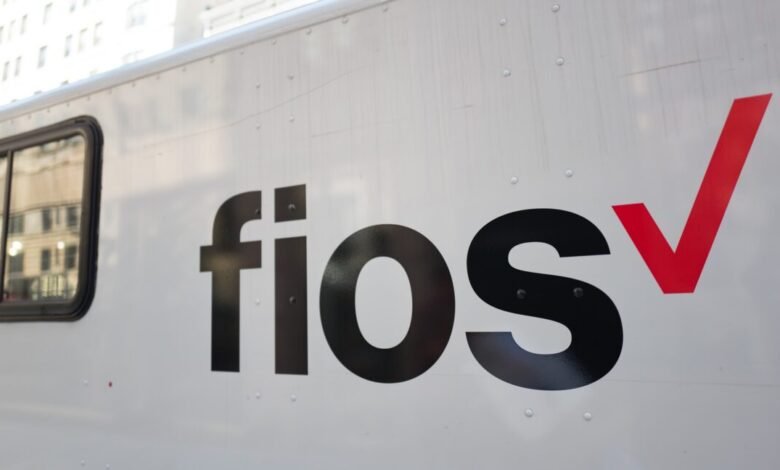Verizon Offers $20 California Broadband to Secure Merger Approval

▼ Summary
– Verizon agreed to offer $20-per-month broadband service to low-income Californians as part of its $9.6 billion merger approval with Frontier Communications.
– The plans include fiber-to-the-home with 300Mbps symmetrical speeds and fixed wireless with 100Mbps download/20Mbps upload speeds, available for at least 10 years.
– Eligible low-income residents can pair the $20 plans with Lifeline discounts, effectively making the service free in many cases.
– The settlement requires Verizon to expand fiber deployment by 75,000 new connections and build 250 new 5G cell sites, prioritizing low-income households.
– This agreement occurred amid tensions with the Trump administration, which threatened to block state broadband funds if specific low-income pricing requirements were imposed.
In a significant move to gain regulatory approval for its proposed acquisition, Verizon has committed to providing affordable broadband options for qualifying low-income households across California. The telecommunications giant will offer two distinct $20-per-month service plans as part of a settlement agreement linked to its $9.6 billion purchase of Frontier Communications.
One option includes fiber-to-the-home internet with symmetrical 300Mbps speeds, while the other is a fixed wireless service delivering 100Mbps downloads and 20Mbps uploads. These discounted rates must remain available for a minimum of ten years, with Verizon expected to pursue speed improvements after the initial three-year period without raising the $20 price.
Eligibility for the program is based on income, and participants can combine the offer with California’s Lifeline discount, effectively making the service free for many residents. Ernesto Falcon of the Public Advocates Office emphasized that the arrangement not only increases affordability but also expands infrastructure. Under the agreement, Verizon will deploy 75,000 new fiber connections beyond Frontier’s original plans, with a focus on underserved communities, and construct 250 new 5G cell sites.
This development comes against a backdrop of ongoing friction between state initiatives and federal policy. Earlier efforts in California to mandate $15 low-income internet plans were abandoned after warnings from Trump administration officials that such requirements could jeopardize access to national broadband funding. The Verizon settlement represents a negotiated compromise that advances both connectivity and public interest goals without triggering federal funding conflicts.
(Source: Ars Technica)